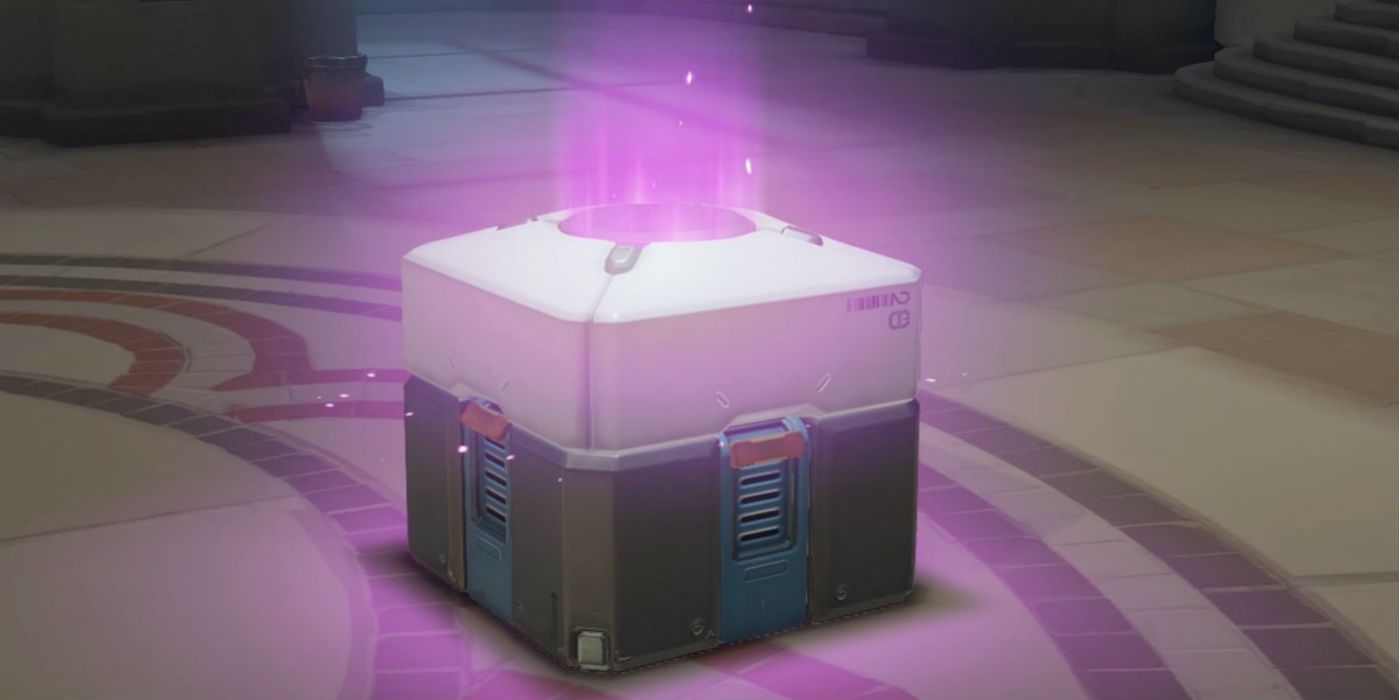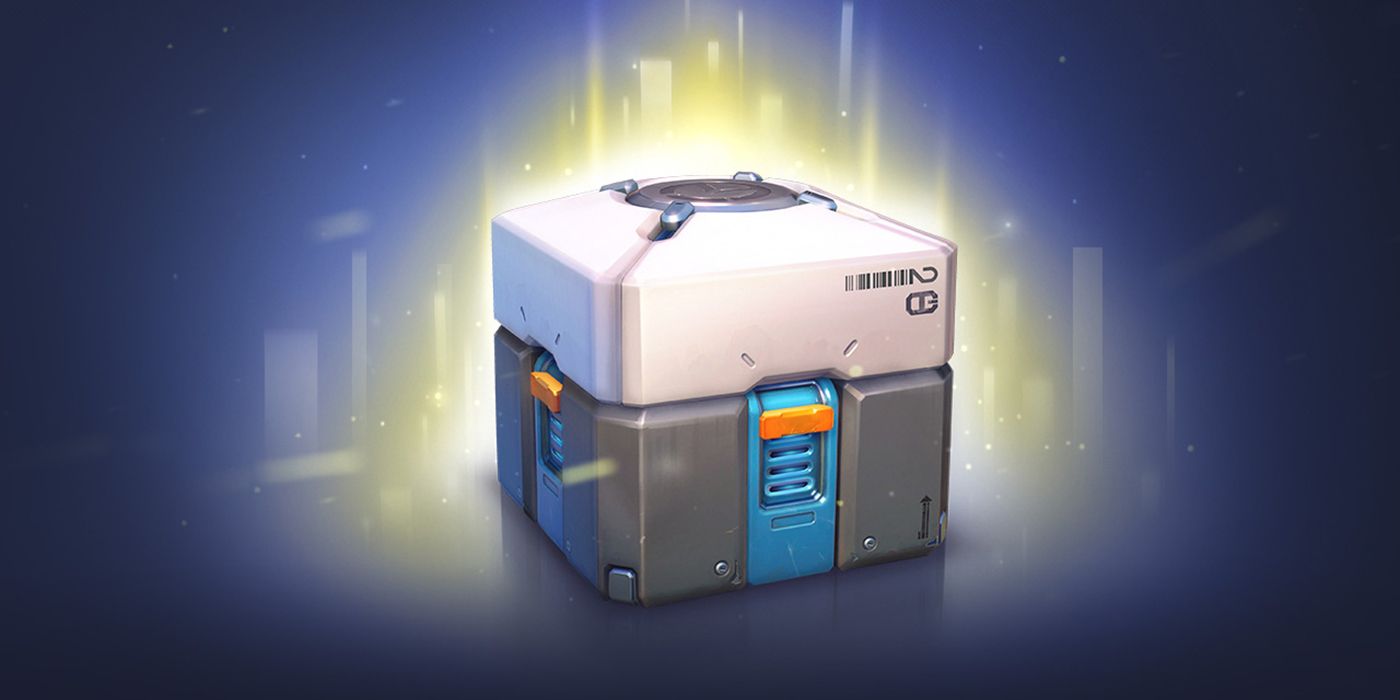The Department for Digital, Culture, Media and Sport, a United Kingdom government group, is launching a new investigation into whether or not loot boxes are gambling and need to be regulated by the federal government. Loot boxes have been around for quite a while, mostly in online RPG titles. They began to gain mainstream appeal through games like Mass Effect 3 and FIFA's Ultimate Team mode, but it was a 2014 update to Battlefield 4, Call of Duty: Advanced Warfare, and 2016's Overwatch that really opened the floodgates. Before long, practically every online multiplayer game, and plenty of single player experiences, were flooded with lootboxes or, as Electronic Arts infamously called it surprise mechanics.
Many would look at these loot boxes and immediately conclude they constitute in-game gambling. They are essentially slot machines, except instead of having a chance to win money, players have a chance to win in-game items. Publishers get around the risk/reward elements by insisting there's not way to "lose" in a loot box, since there will always be a prize. But precious items, like character skins, weapon unlocks, and other prizes are frequently buried underneath tons of useless junk like stickers, clan emblems, and meager amounts of in-game currency.
Loot boxes have been controversial for years, and they are banned in several countries, including Belgium and The Netherlands. According to The Guardian, a new investigation is being launched in the United Kingdom, led by The Department for Digital, Culture, Media and Sport. They are instituting a "call for evidence," as the article states, seeking information regarding the in-game gambling that pervades so many online multiplayer games these days.
For several years, loot boxes were gaming's golden goose. After Overwatch and Battlefield made loot boxes viable and acceptable among mainstream audiences, popular titles like Rocket League, Gears of War 4, and Halo 5 quickly featured their own in-game gambling mechanics, allowing players to spend real money on the chance of earning something useful or pretty for their multiplayer character. Naturally, the trend was then exploited at every opportunity, even at the detriment of the user experience. Star Wars Battlefront II, Need for Speed Payback, and Middle-Earth: Shadow of War are the most high-profile examples of games that were harmed by in-game microtransactions. The family-friendly Star Wars game, in particular, caused government leaders to take notice and begin investigations into loot box culture, leading to the current situation.
The video game industry seems to be aware that time is running out for loot boxes. In recent years, the overt in-game gambling presented by the loot box system has slowly been replaced with the Battle Pass, a system that isn't perfect by any means, but is nonetheless more consumer-friendly than the loot box. In any case, video game publishers are always looking for new ways to increase profitability from customers, and it's up to consumer protection groups to regulate these companies, since the publishers have already seemingly made it clear they're unwilling or unable to regulate themselves.
Source: The Guardian


